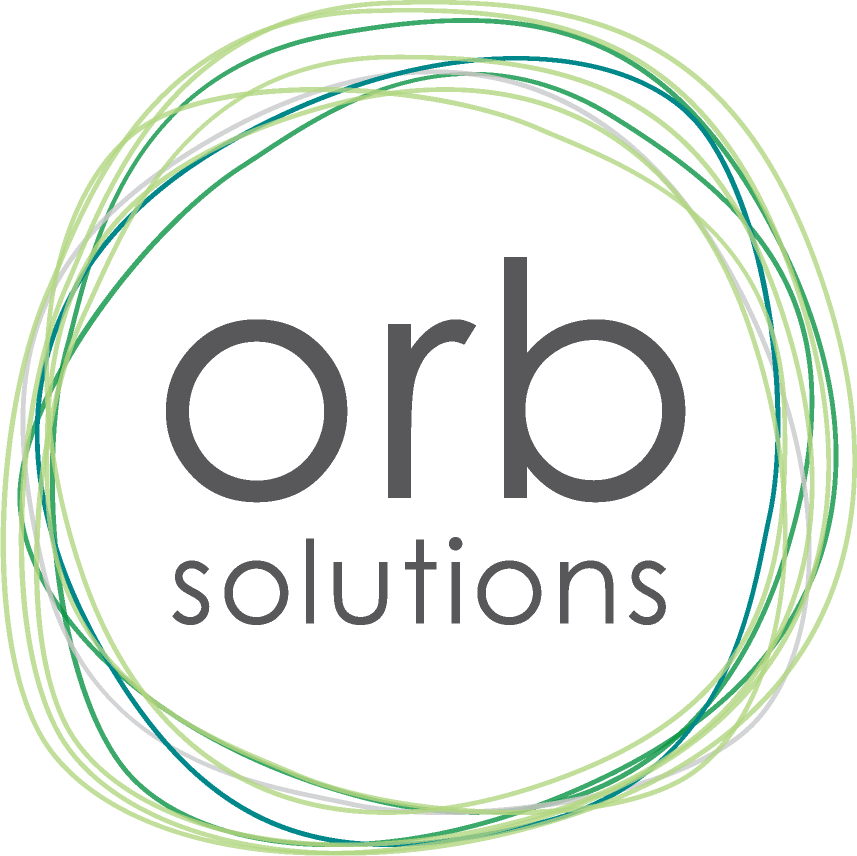Storm in an egg cup
How quickly things escalate. My partner said she wanted a bit of the soup I had made myself for lunch, which I took literally, and put soup in the smallest glass dish I could find.
Her humorous retaliation came shortly after with the making of a cup of tea for me...in an egg cup!
I could tell this was not going to end well...
I joked with her that I was so looking forward to cooking her dinner that night!
While the above was very much done in the spirit of fun for both of us, it is a good metaphor for how quickly something can escalate because people have taken issue with something someone has said or done. Phrases such as below are often the 'road to escalation'
"I am going to win"
"I am not going to back down"
"I am going to make sure that person pay for that..."
"They need to be taught a lesson"
When this thinking or language start being expressed, it can be a good indicator that the issue is on the 'road to escalation' and whatever the original issue was, is at risk of getting lost somewhere along the way.
It can be useful if you hear yourself using 'road to escalation' expressions and reflect on the needs or or values that underpin that position.
David Rock's SCARF model is a really useful tool to help work out what needs or values might get triggered leading to an escalation of an issue.
You might be interested to know, I was sensible to not carry on the humour with the egg-cup. Mainly because...I know I would lose that game!


